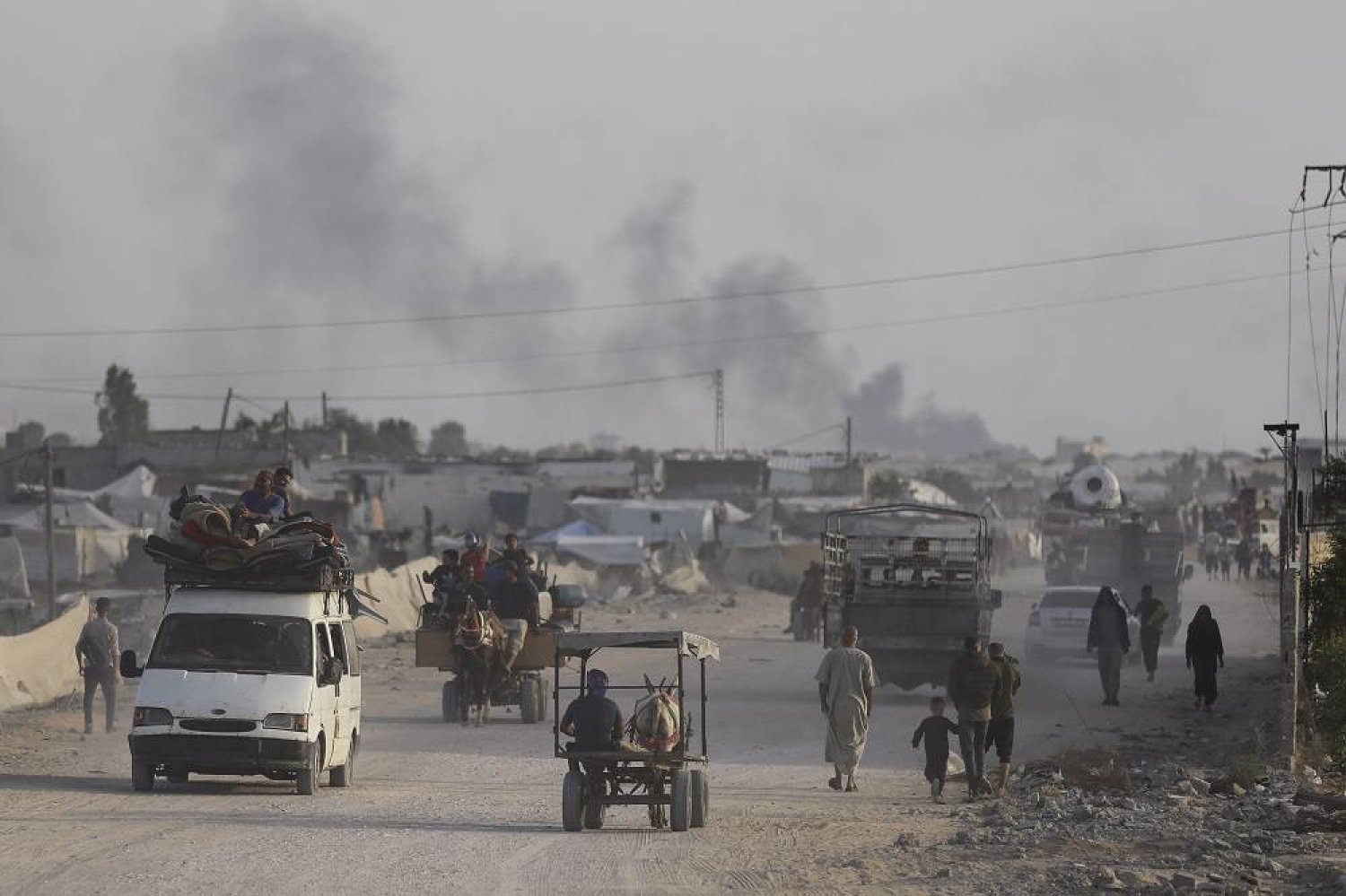
Israel launches an offensive across Gaza and sends tanks into Rafah for raids
Following Washington’s declaration that the strike did not amount to a significant ground incursion into the southern Gazan city, which U.S. officials had advised Israel to avoid, Israeli tanks carried out a second day of probing attacks over Rafah on Wednesday.
After a night of intense bombing, Israeli tanks entered the center of Rafah on Tuesday, rejecting the International Court of Justice’s request that the city—one of Gaza’s last remaining havens—end its onslaught.
The strongest supporter of Israel, the United States, reaffirmed on Tuesday that it opposes a significant ground offensive by Israel in Rafah but that it does not think such an operation is underway.
Residents of Rafah stated that Israeli tanks conducted raids into Tel Al-Sultan in western Rafah and Yibna, as well as near Shaboura in the center, before withdrawing to positions close to the Egyptian border, in contrast to the strategies employed in Israel’s military offensive in the remaining portion of the enclave.
The Islamic Jihad and Hamas armed wings claimed that they used mortar bombs and anti-tank rockets to repel the invading soldiers in addition to detonating explosives that had been placed beforehand.
Without providing further details, the Israeli military reported that on Wednesday, fighting broke out in southern Gaza, killing three soldiers and seriously wounding another three. According to Israel’s public radio station Kan radio, they were injured when an explosive device detonated in a Rafah building.
Palestinian health sources reported that Israeli shelling in Rafah’s eastern neighborhood on Wednesday morning caused multiple injuries and that some humanitarian supplies were set on fire.
Locals reported that numerous homes in the region were damaged by Israel’s midnight shelling, from which the majority of inhabitants had evacuated after orders from Israel.
In certain parts of the city, some locals claimed to have witnessed what they characterized as autonomous robotic armored vehicles firing machine guns.
In the midst of intense Israeli air and ground bombing, certain residents and journalists, along with the pro-Hamas Shebab news agency, claimed internet and mobile phone blackouts in certain regions of both the east and west. The Israeli military stated that it was unable to verify the information.
Tanks bombarded many neighborhoods in Gaza City’s north, while troops advanced farther into Jabalia, the largest of the enclave’s eight largest historic refugee camps. Locals said the army demolished entire residential districts in Jabalia.
All Categories
Recent Posts
Tags
+13162306000
zoneyetu@yahoo.com



